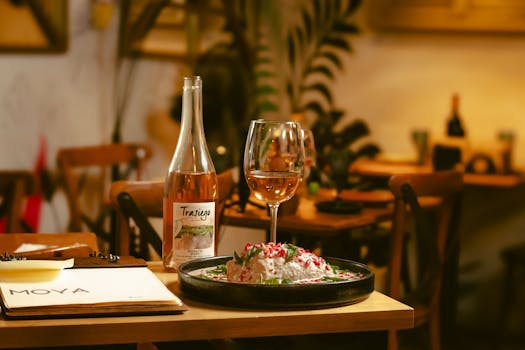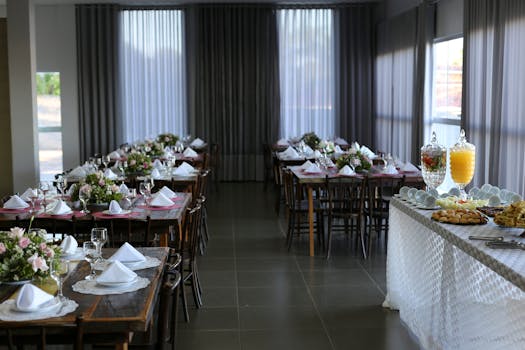You could do a college course, which would teach you some of the skills you'll need in this job.
Courses include:
- hospitality supervision and leadership
- hospitality leadership
- hospitality management
Entry requirements
Entry requirements for these courses vary.




